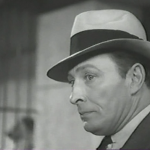 |
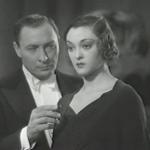 |
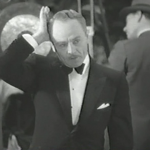 |
| Dr. Eric Gorman … Lionel Atwill |
Evelyn Gorman … Kathleen Burke |
Charles Ruggles … Peter Yates |
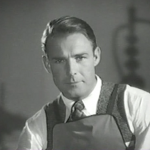 |
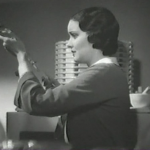 |
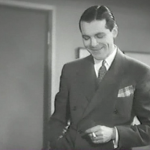 |
| Dr. Jack Woodford … Randolph Scott |
Jerry Evans … Gail Patrick |
Roger Hewett … John Lodge |
Proof That It’s Pre-Code
- Several extremely gruesome murders involving mauling and human embroidery.
- A husband likes making love to his wife– whether she wants to or not.
- Our hero boldly craps his pants when confronted with a killer snake.
Murders in the Zoo: Tiger on the Prowl
Nature is scary. Spiders and snakes are bad enough, but once you start getting larger game into the picture, things can take a dangerous turn. And I’m not just talking about how much of a threat that a hungry lion is to you, but the psychological realization that you, too, are part of that grand food chain, and for all the airs of civilization, man is just a terrible beast as well.
One particular terrible beast is Dr. Eric Gorman (segues!), a millionaire big game hunter who spends his vacations hunting animals to sell to his hometown zoo. He takes his wife, Evelyn, along with him, and uses his downtime from hunting lions to hunt any man who gives her so much as a sideways glance.
Sure, he’s rich, jealous, manipulative, and is often placed in the same frame as a tiger so that both can glower with predatory glee, but that doesn’t make him your ordinary kind of monster. This is demonstrated in the movie’s rather notorious opening in which Gorman leaves a man in the jungle with his hands tied together and his mouth sown shut.
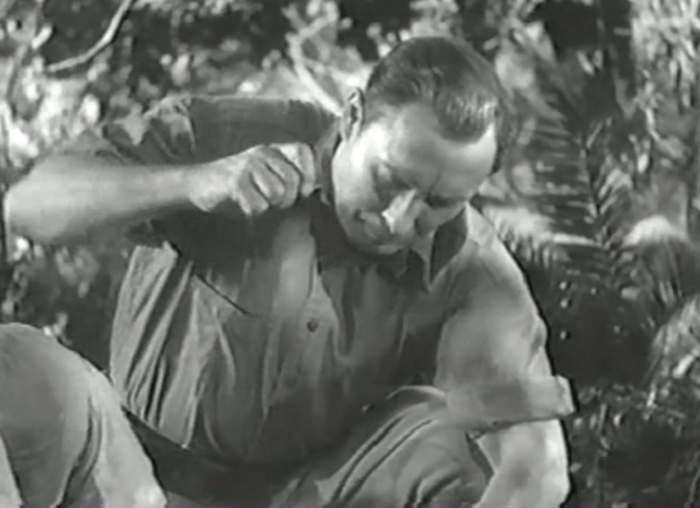
“Damn, the thread came out of the needle again. Looks like I’m just going to have to start all over!”
Unfortunately for a lot of people involved, Gorman’s wife attracts plenty of suitors who feel the need to rescue her and jealously lord over her in their own ways. Poor Evelyn is just along for the ride, happy to jump into another abusive relationship with Roger Hewett if it means that he can help her stand up to Eric and his constant possessive paranoia.
Stateside, however, its apparent that Eric is a highly respected citizen and a favorite at the local zoo where he’s seen as a savior in lean financial times. Thanks to what he’s returned with from his safari, the zoo has even managed to recently hire ditsy and tipsy Peter Yates as a press agent and comic relief. He sees Gorman’s social connections as a grand way to make money: a banquet among the zoo’s big game.
The zoo is also staffed by– and no other adjectives really fit here– goody-two-shoes Jack Woodford and Jerry Evans. Jack is a bland but dedicated scientist and Jerry is his bland fiance and assistant. Jack agrees to try to find an antidote to the venom of the reclusive green mamba that Gorman has brought back with him; this may or may not be foreshadowing.
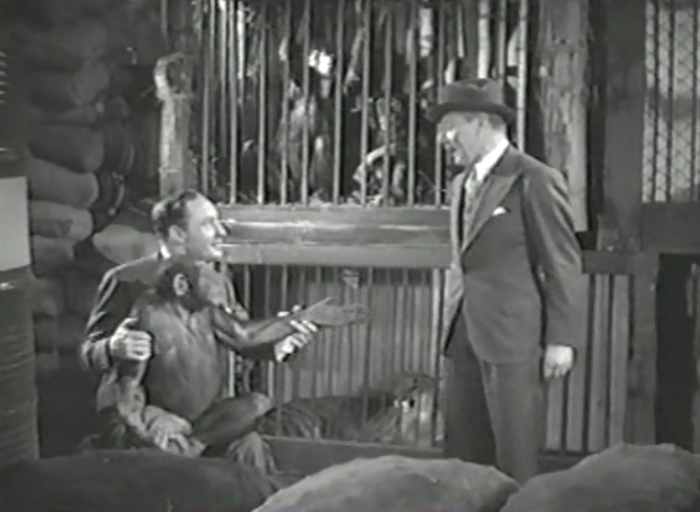
“Just put your wiener in the monkey’s hand, man. It’ll be hilarious!”
The mamba’s bite is deadly. Also notable will be the zoo’s alligator enclosure that features a wooden bridge crossing over it and a lever that can open all of the carnivorous animals’ cages at once. That latter feature is for use in case of a fire, though you can bet pretty good money that it won’t be used for its intended purpose by film’s end.
There are only a few deaths in the movie, but they are all stylistically nasty pieces of work. Gorman adopts using a severed Mamba head as his weapon of choice, and actor Lionel Atwell becomes a snake of a human himself, even if he fancies himself a tiger. Atwill has a theatrical flair that’s about as hammy as you can get, but it’s so sincerely over the top and backed up with such potent villainous machinations that he’s chilling all the same.
The film’s antidote to the rich man whose plotting results in the closing of the zoo are the noble biologists Jack and Jerry, scientists and champions of the working class. Jerry, despite being a woman in a horror film, even gets a chance to rescue Jack after a Gorman whips him with his potent snake head (note: not a euphemism). As Jack and Jerry, the work by Randolph Scott and Gail Patrick won’t win any awards, but it’s painless do-gooder filler.
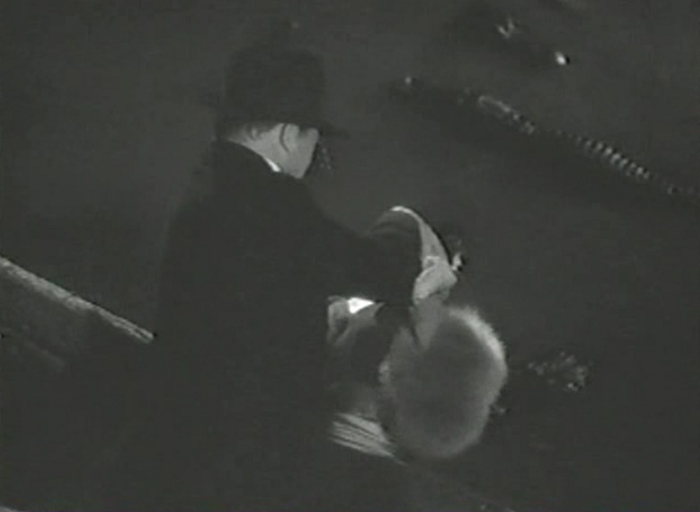
“M’am, have you considered the benefits of swimming with alligators?”
After Atwill, though, only two other performers leave much of an impression. Kathleen Burke, whose fame from playing the Panther Woman in Island of Lost Souls was short lived, has a wonderful exotic look and a desperation to her role that makes her the most sympathetic person in the piece. Her terror is quite palpable, and even as we see quite readily that she has awful taste in men, it’s hard not to empathize.
That contrasts to Charles Ruggles’ work as Yates, the doofus press agent for the zoo, whose fear of practically every animal under the sun seems like something that he would have thought about before his job application was filled out. Murders in the Zoo has about ten solid minutes of horror, and the rest is concerned with Yates and his unhappy encounters with lions, tigers, bears, snakes, seals… all that sort of thing.
There’s a theme that runs between this and two other notable pre-Codes– the aforementioned Island and The Most Dangerous Game, which all look at humans and animals. Island and Dangerous literally remove man from civilization and show him how debased humanity can become in the face of one person’s desire to play a twisted version of God. In Island, he’s a generous God, happy to enslave his creations, while Dangerous has him as vengeful and cruel, eager to destroy an animal who happened to be in the wrong place at the wrong time.
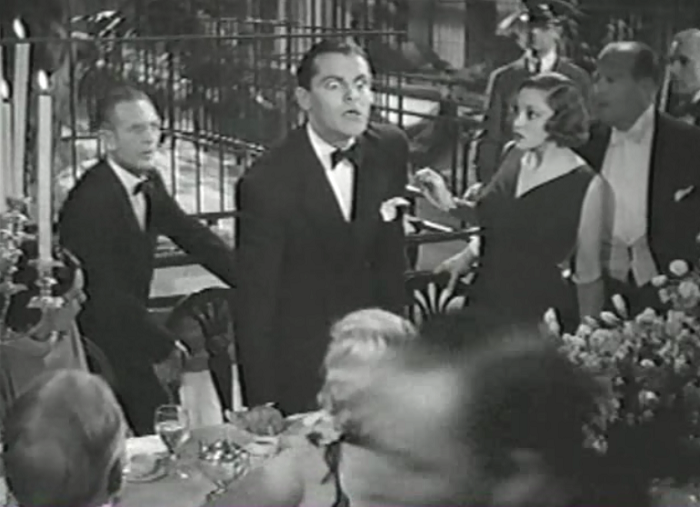
“Ladies and gentlemen, don’t eat the fish.”
Murders is interesting because it keeps Gorman, the self appointed God, within normal society but well above it due to his wealth and influence. He manipulates everyone coldly and coolly– which quite clearly arouses him– and views himself as the final judge and jury on all beneath him. While he may not be as diabolical or absolute as the other gods I’ve mentioned, it makes him more insidious: no one suspects that someone who appears so nice on the outside could harbor such unspeakable desires within.
And all of this again plays into Depression Era mythologizing, where the rich once seemed like decent, nice people, but that front was simply to make it easier for them to manipulate and reek havoc. If it weren’t for Jack’s well-meaning and charitable investigations, Gorman would have been free to spread his venom across the city (this one may be a euphemism).
Murders in the Zoo is by no means a flawless horror-comedy film, bumping around between two tones with impunity and with nowhere near the grace or atmosphere as the amiable Doctor X from a few reviews back. However, Atwill and Burke make the movie’s moments of horror truly memorable set pieces and demonstrate how true human predators can operate outside cages. The rest, thankfully, will fade.
Gallery
Here are some extra screenshots I took. Click on any picture to enlarge!
- “I’m loving every minute of this.”
Trivia & Links
- The Movie Morlocks are all over this one, though they join the popular blogger consensus of disparaging the Ruggle portions of the movie. They talk about this film’s place among Paramount’s other pre-Code offerings, Supernatural and Island of Lost Souls.
- If you want to know more about the national contest that discovered Burke and Patrick, Immortal Ephemera has a detailed article about the two actresses and their rise and falls.
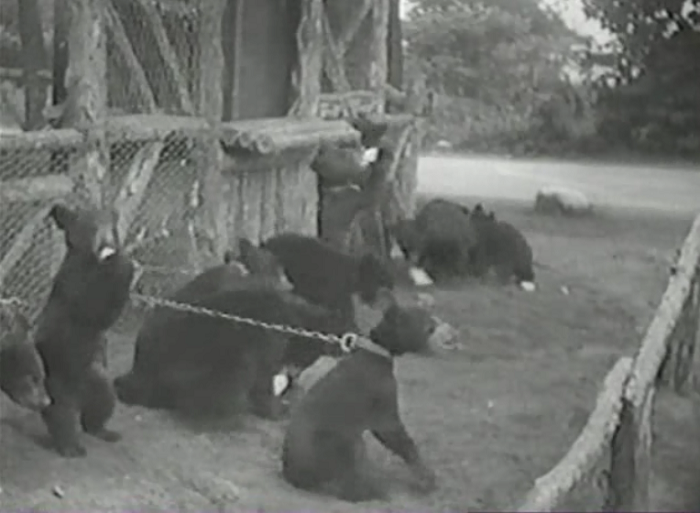
This movie is instructional in terms of zoos of the 1930s in that it was apparently a-okay to chain baby bears up and just throw bottles of milk at them.
- Beyond the Time Barrier has a thorough and funny review for your perusal. They note (with spoilers):
Murders in the Zoo seems vastly ahead of its time, and perhaps from a different universe altogether. For the gore hounds, it’s got that unforgettable opening shock scene. It dispenses with the traditional whodunnit mystery, choosing instead to let us know right upfront how psychotic Gorman really is. Instead of wondering whodunnit, we wonder who he’s going to do next and how. It unsentimentally takes the most beautiful and sympathetic character (Kathleen Burke, who the year before had been the Panther Woman on Island of Lost Souls) and literally feeds her to the alligators. And it features some of the more uncomfortable “strange” lust scenes between a husband and wife you’re likely to see.
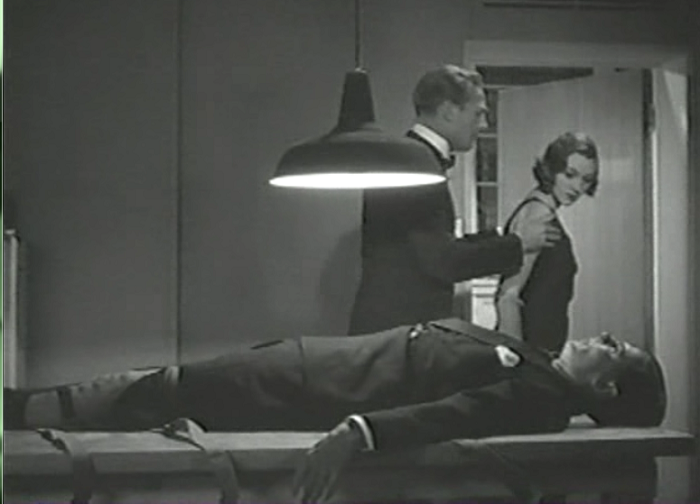
It’s always hard to say goodbye.
- This one has some really cool posters. You can check them out over at Movie Poster Shop.
- Andre Sennwald in the New York Times dubs Gorman, “an imaginative killer”, but what I find most interesting in the review is in how much Sennwald appreciates the Ruggles character. He notes, “It happens that the director has been almost too effective in dramatizing these cheerless events, and one is thankful for the generous footage given to Charles Ruggles as a timid and bibulous press agent for the zoo.” So there you are– horror comedies were big because straight horror movies were too scary for audiences of the 1930s.
Primary Sources
Thanks to Lantern, there are hundreds of issues of fan magazine and industry journals from the pre-Code era available for free. Here are some related articles; click on the ‘View Full Sized Image’ in the bottom right to view!
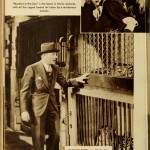
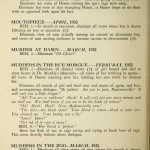
Awards, Accolades & Availability
- This film appeared in the Wikipedia List of Pre-Code Films.
- This film is available on Amazon as part of the Universal Cult Horror Collection.
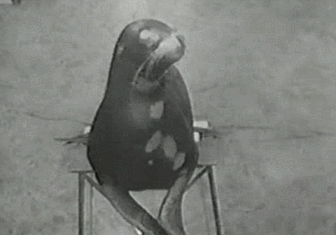 |
Comment below or join our email subscription list on the sidebar!Home | All of Our Reviews | What is Pre-Code? About the Site | Follow @PreCodeDotCom |

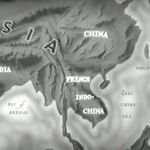

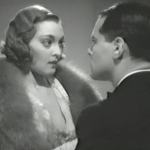

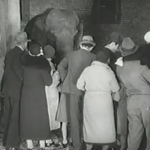
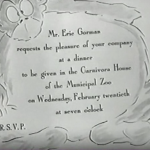
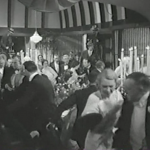
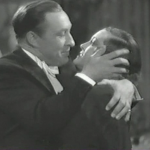

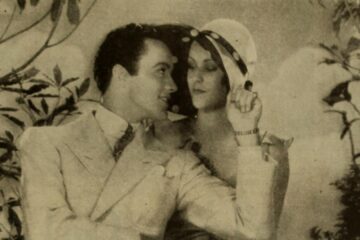


2 Comments
brianpaige · October 29, 2013 at 3:38 pm
Really like this movie and have ever since I first saw it in 1995. Atwill is hugely underrated as a major horror star and this is perhaps his most villainous role. I wouldn’t call Igor in Wax Museum all that much of a villain, but more a brilliant sculptor driven insane by the awful things done to him. But this guy? Nuts.
I’ve always been irked that Ruggles gets top billing in this movie. Paramount tossed him into everything in the 30s and he’s….okay. Nothing amazing but also not so awful in his comedy relief that it truly gets annoying.
Of those Paramount horrors mentioned I’d place this ahead of Supernatural and behind Island of Lost Souls.
Danny · October 29, 2013 at 9:42 pm
The Ruggles stuff really feels like an almost entirely separate film tacked on from the Atwill stuff. It’s such a weird dividing line, and pretty much the definition of tonal whiplash.
And Atwill is pure nasty evil here, and chews the scenery like no other. His scene with Burke where he gets such a thrill from the murder is over-the-top nutso like few can sell, and he nails it. I’ve still got to check out Supernatural, but this is probably my favorite of the three so far.
Comments are closed.